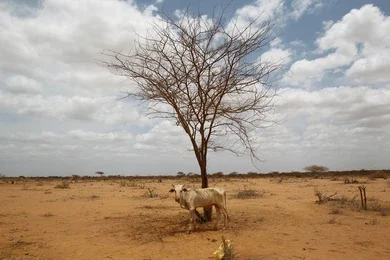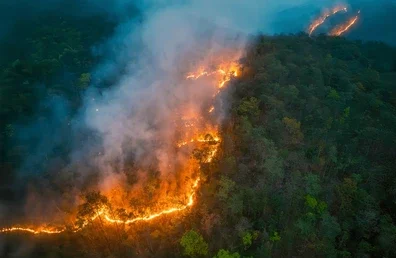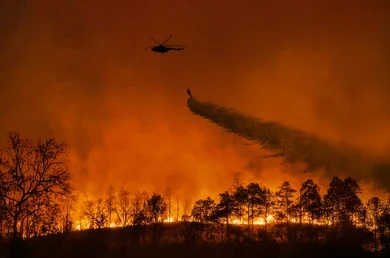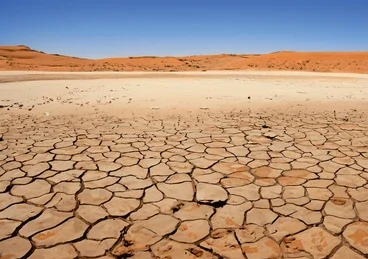
Somalia faces a daunting challenge of land degradation, exacerbated by frequent droughts and inadequate land management practices. The relentless cycle of dry spells has stripped the soil of its fertility, leading to diminished agricultural productivity and heightened food insecurity. As communities grapple with the consequences of these environmental pressures, the agricultural sector struggles to sustain livelihoods, resulting in a dire need for effective interventions. The situation calls for urgent attention to restore land health and improve resilience against climatic extremes.

Australia faces a pressing challenge with invasive species that jeopardize its unique biodiversity. The introduction of non-native species has led to significant disruptions in local ecosystems, threatening native plants, animals, and their habitats. As these invaders proliferate, they outcompete and displace indigenous species, leading to a decline in ecological balance. The ongoing struggle to manage and mitigate the impact of these invasive organisms calls for urgent attention and action.

Indonesia faces a critical challenge with peatland degradation, where the drainage and deforestation of these vital ecosystems for agricultural expansion are wreaking havoc. This destructive practice not only results in significant carbon emissions but also leads to a devastating loss of biodiversity, disrupting delicate ecological balances. Furthermore, the altered landscapes have become increasingly susceptible to fires, posing severe risks to both the environment and local communities. The urgent need for effective strategies to address these issues remains a pressing concern for the nation’s future.

The United States is grappling with increasingly severe and frequent wildfires, a crisis exacerbated by climate change and inadequate forest management practices. These devastating fires not only ravage vast landscapes but also threaten the livelihoods of local communities, displacing families and destroying homes. Ecosystems that once thrived are now left charred and vulnerable, leading to long-term ecological imbalances. As this cycle of destruction intensifies, the urgent need for comprehensive strategies to address the root causes becomes more critical than ever.

Egypt faces a pressing challenge of desertification, driven by inadequate water management, rapid urban expansion, and unsustainable agricultural practices. These factors contribute to the alarming loss of arable land, jeopardizing the nation’s ability to sustain its growing population. As fertile lands diminish, the food security of millions hangs in the balance, intensifying competition for resources. Without effective strategies to combat this issue, the future of agriculture in Egypt remains uncertain, with dire implications for both livelihoods and national stability.
